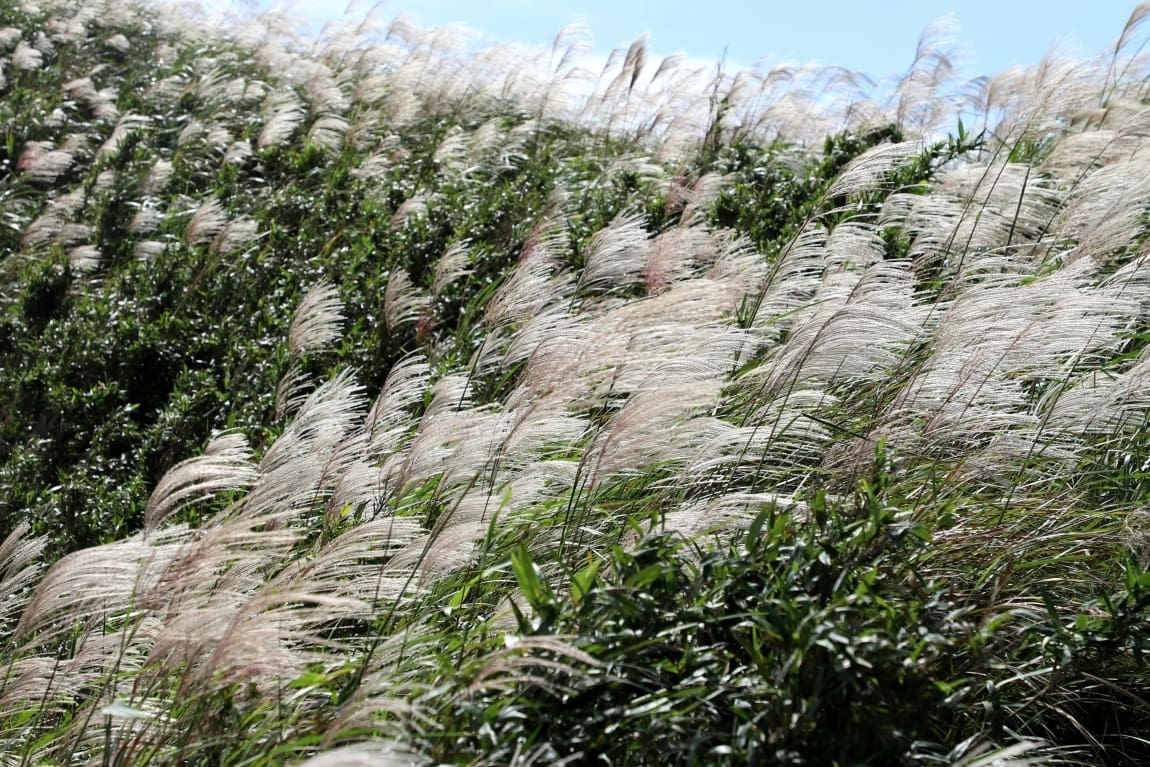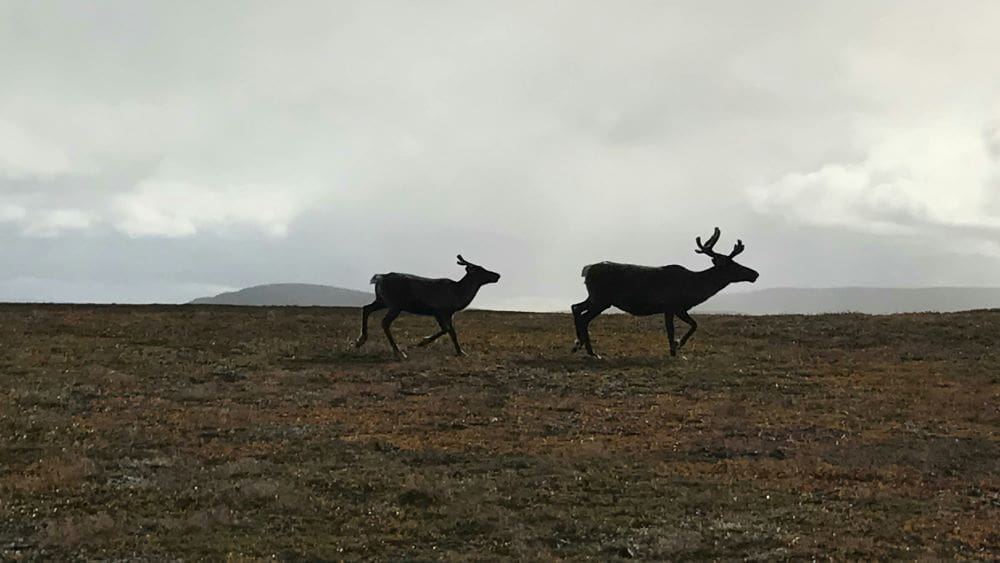In the fight to protect biodiversity and limit climate change, the world will reap what it sows, say researchers from the University of Surrey.
Energy crops can be used for heat, electricity and even biofuels like bioethanol. They will become more important as the world transitions away from fossil fuels. In a new study, researchers from Surrey have shown that where you choose to plant energy crops makes a big difference to biodiversity.
A detailed analysis has shown that planting energy crops on existing agricultural land in places like China and Central Europe could minimise harm to biodiversity compared to planting them elsewhere. Planting in these locations could then allow agricultural land in other places to be restored to natural habitats, maximising the benefits to biodiversity.
Sophie Tudge, who carried out the research at Surrey’s Centre for Environment and Sustainability, said: “Our study suggests that, as far as biodiversity is concerned, it is always best to restore farmland to nature rather than re-plant it with energy crops. Yet, we are realists. In the future, more fuel will come from crops, and it is far better to plant them on existing farms than destroy remaining natural habitats. We have shown that where you plant those crops makes a huge difference to how many species continue to thrive.”
When farmland is restored to nature, it creates new habitats for many species. Using that land to plant energy crops instead can be a missed opportunity to improve biodiversity.
Given that energy crops need to be planted somewhere, researchers calculated which locations would have the smallest net impact on biodiversity.
They studied which habitats contained the richest mix of species. They then compared that information with maps of land use and information about where energy crops could produce the biggest yields.
The researchers found that the harm to biodiversity could be minimised in places like Central Europe and the east coasts of the USA and China.
However, other factors will also be important when choosing where to plant, including food security, incentives for farmers, and surrounding energy infrastructure.
The study is published in the Journal of Applied Ecology.
It helps promote UN Sustainability Goals 7 (affordable and clean energy), 13 (climate action) and 15 (life on land).
More information: Sophie Jane Tudge, Richard Murphy, Zoe M. Harris, Adriana De Palma, ‘Balancing Bioenergy Expansion and Restoration: Global Shifts in Biodiversity Intactness’, Journal of Applied Ecology (2024); DOI: 10.1111/1365-2664.14695. Featured image credit: Robert Chen | Unsplash




